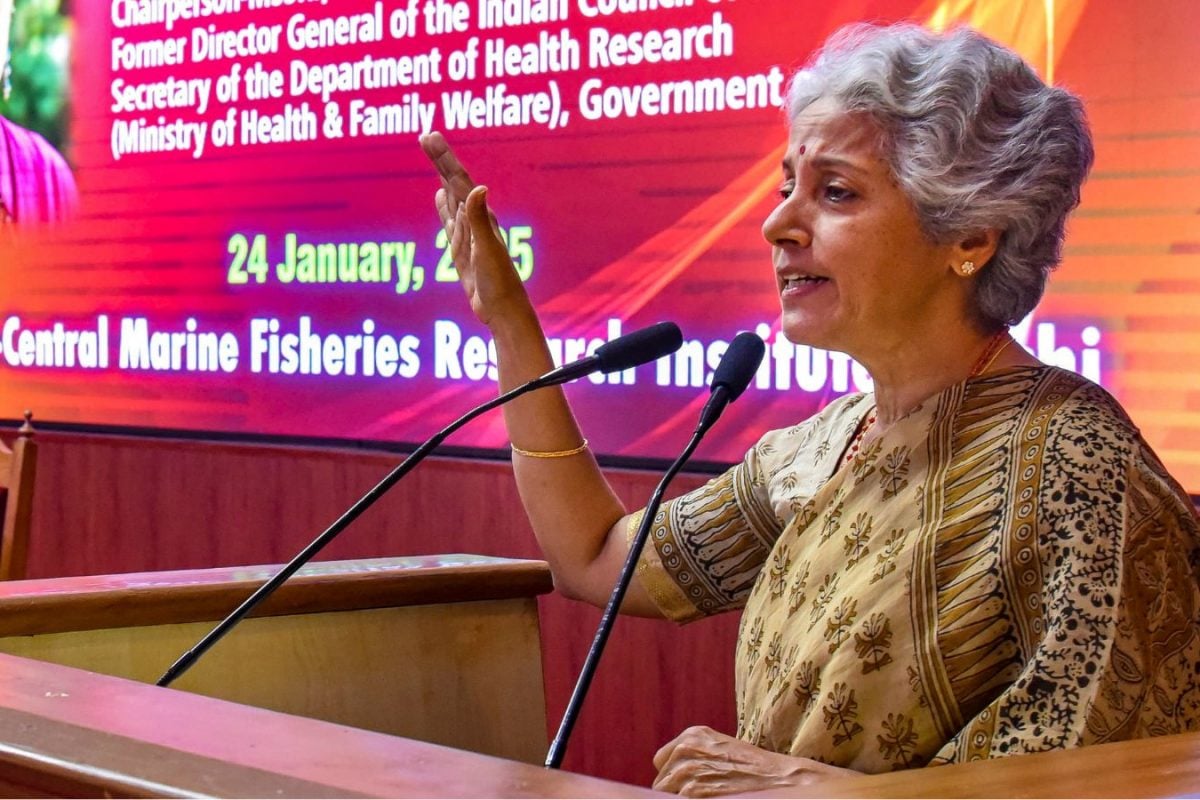

According to Dr. Soumya Swaminathan, former chief scientist at the World Health Organization (WHO), the world is unlikely to witness another COVID-19 crisis on the scale of 2020-2021. While COVID-19 remains a concern, Dr. Swaminathan suggests that influenza may pose a greater risk to public health currently.
In an exclusive interview, Dr. Swaminathan stated that "The worst of COVID is behind us," and that a repeat of the early days of the pandemic is improbable. She explained that the global population now possesses a degree of immunity against the virus, either through vaccination or prior infection, which prevents the virus from spreading as rapidly as it did initially. "At that time, human beings had never seen this virus before," she noted, emphasizing the vulnerability of a "naive population" of 8 billion people.
Dr. Swaminathan clarified that while COVID-19 surges are still expected as the virus continues to evolve, they should not be a cause for undue alarm. She pointed out that, like influenza, COVID-19 is becoming a seasonal virus with periodic spikes in cases. Data from the Indian Council of Medical Research (ICMR) indicates that influenza strains were the predominant cause of respiratory infections in the early part of the year, with COVID-19 becoming more prevalent later on.
Despite the reduced threat from COVID-19, Dr. Swaminathan highlighted the ongoing risk posed by influenza. "Influenza probably kills a lot more people in India and around the world than COVID," she stated, adding that this is often not recognized because influenza is a long-standing illness that is often treated lightly, while COVID-19 is still viewed as a relatively new and alarming threat. She strongly advises vulnerable individuals, particularly those with underlying health conditions such as lung, kidney, or heart disease, to receive annual flu vaccinations. These vaccines are updated each year by the WHO to target the most prevalent strains.
Dr. Swaminathan also touched on the emergence of new viruses, such as the H5N1 strain circulating among cows in the United States. She believes that the greater risk lies in new influenza strains infecting humans, emphasizing the need for preparedness. She assured that scientists and researchers are in a much better state of preparedness than they were five years ago.
Furthermore, Dr. Swaminathan addressed concerns about the Human Metapneumovirus (HMPV), stating that it has been circulating in India for many years and is not correlated with COVID-19. She noted that only a small percentage of people tested for influenza-like illnesses are found to be infected with HMPV, and that the symptoms are similar to those of a common cold or flu.
In light of these developments, Dr. Swaminathan advocates for improved surveillance, a "One Health" approach, mass annual flu vaccinations, and stronger legislation for future epidemic prevention. She advises against panic and urges the public to take sensible precautions, while emphasizing that "it is meaningless to keep a tab on the number of people getting infected." The focus, she suggests, should be on ensuring that the healthcare system is resilient and able to cope with increases in hospitalizations due to respiratory infections.
Ultimately, Dr. Swaminathan's message is one of cautious optimism. While the threat of emerging viruses remains significant, the world is better equipped to handle them than it was at the start of the COVID-19 pandemic. By prioritizing surveillance, vaccination, and public health preparedness, we can mitigate the risks and prevent future crises.